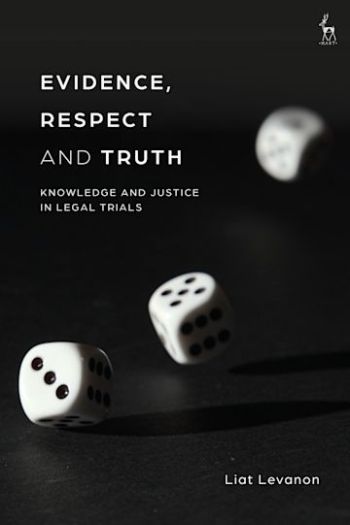We are now closed for the Christmas and New Year period, returning on Monday 5th January 2026. Orders placed during this time will be processed upon our return on 5th January.

Should statistical evidence be used as legal evidence?
This book takes a holistic approach to addressing this question by considering the relationship between evidence, randomness and justifying reasons. It situates the problem of 'evidence and chance' within the broader sweep of the administration of criminal justice.
The book draws a distinction between evidence that can justify critical judgments and evidence that can only justify non-critical judgments. It considers the way that evidence can justify critical judgment only if it can support all the propositions of the judgment, thus leaving none of the propositions random and explains that evidence can justify non-critical judgments even where it leaves some propositions random. One implication is that 'naked statistical evidence' can only justify non-critical judgments. The evidential distinction is explored and attuned in a range of legal and related extra-legal contexts including: